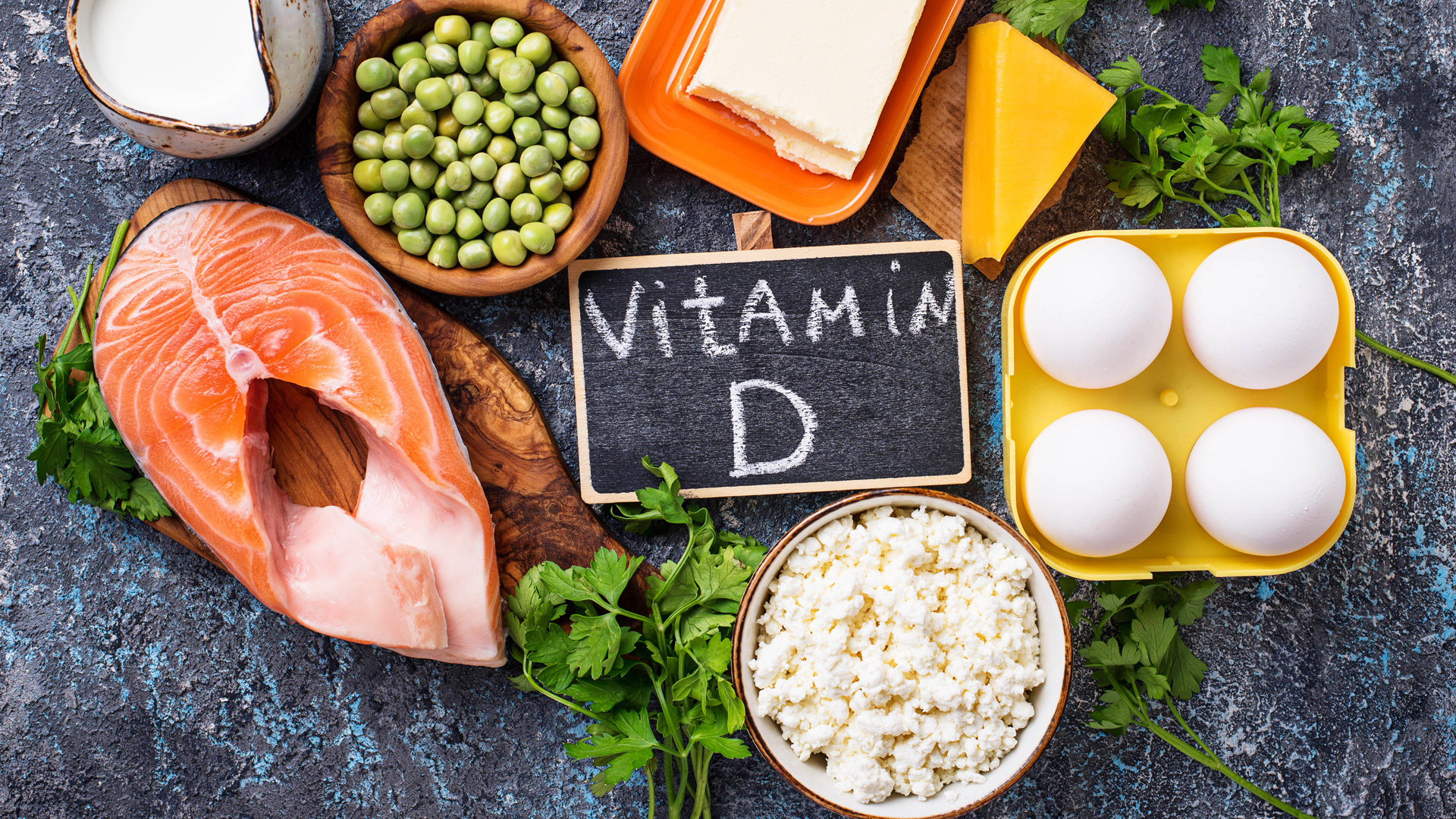How Food Can Affect Your Mood

Researchers lately have noticed a connection between what we eat and how we feel.Researchers have noticed that the kinds of food we eat can have an impact on our brains’ structure, chemically, and physiologically. Serotonin is a neurotransmitter that helps regulate sleep, appetite, and mood. Serotonin is produced in the gastrointestinal tract, so what we eat does not only affect our digestive system but also this neurotransmitter, which affects our receptivity to some key functions in our lives and our emotions as well.
So how can we regulate our mood through food?
 There are researches that link food with our general daily mood. You need to be mindful of what you put in your body. A balanced diet can help to feel better. Here are tips to have a healthy mind:
There are researches that link food with our general daily mood. You need to be mindful of what you put in your body. A balanced diet can help to feel better. Here are tips to have a healthy mind:

Cut down your intake of refined sugar
Diets that are high in refined sugar worsen your body's regulation of insulin, and promote inflammation which can lead to stress. Links have been made between refined sugar and impaired brain’s function, and the worsening of symptoms of mood disorders. Refined sugars are found in white flour, corn syrup, white sugar, brown sugar, fructose, and artificial sweeteners.

Don’t eliminate carbs, but choose the healthy ones
Don’t overtake processed carbs, like white flour, but choose the carbs found in its natural states like fruits, dairy products, honey, oats, and some nuts and seeds.

Fatty Fish
Fish are rich in Omega 3 fatty acids. Omega-3s contribute to the fluidity of your brain’s cell membrane and appear to play key roles in brain development and cell signaling. It makes you think clearer, and focus easily.

A balanced breakfast
Breakfast is the wake-up call for your brain, and whatever you eat in the morning can affect the rest of your day. Rely on eggs, dairies, and fruits for a healthy breakfast.

Vitamin D
Vitamin D deficiency can lead to fatigue, sleepiness, and muscle weakness, which can lead to stress and a bad mood. Maintain a regular intake of Vitamin D which can be found in yogurt and a healthy dose of sunlight.

Nuts and Seeds
Nuts are high in healthy fats, fiber, protein, and vitamins. Almond, for example, is rich in vitamin E, while sunflower seeds are rich in magnesium, phosphorus, and vitamins B and E. That gives you a boost of energy and a clear focused brain.

Don’t overuse caffeine!
Coffee is the most popular drink in the world, and for a good reason. Coffee gives you the needed energy you may lack from inadequate sleep, as well as it has shown that it can boost your mood. But too much coffee can backfire as it can lead to insomnia which causes stress and a generally bad mood.
Eat Healthy For A Better Mood!


 There are researches that link food with our general daily mood. You need to be mindful of what you put in your body. A balanced diet can help to feel better. Here are tips to have a healthy mind:
There are researches that link food with our general daily mood. You need to be mindful of what you put in your body. A balanced diet can help to feel better. Here are tips to have a healthy mind:






